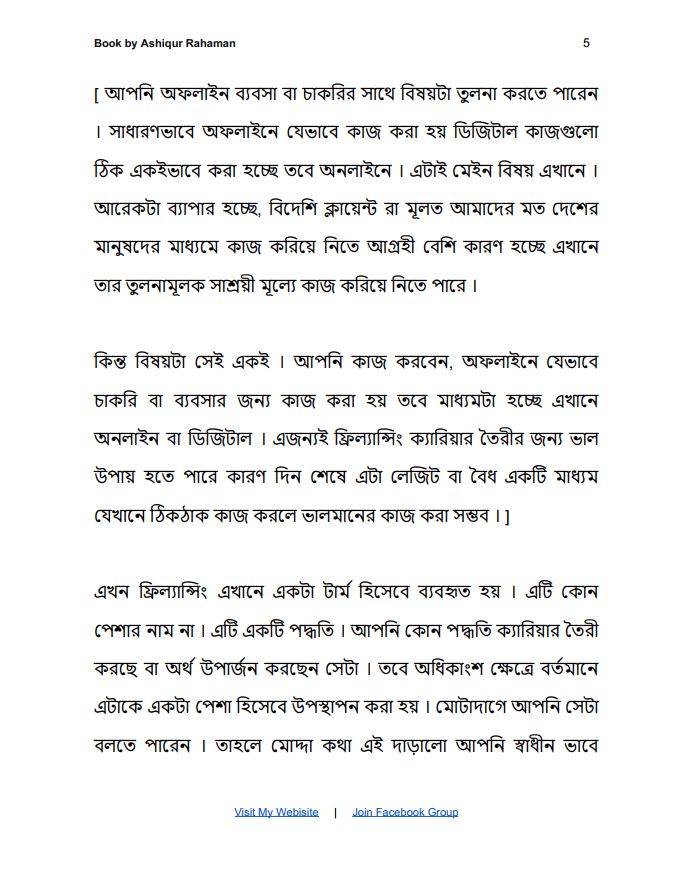Do you have any idea how to use Google Tag Manager Timer Trigger? If not, you are in the right place. In this blog, I will guide why this is important, and how you can do timer tracking on your own. Whether you’re new to web analytics or an experienced pro, this guide will empower you to take control of your analytics setup. You will be able to achieve your online goals with precision. Let’s go through it.
First, let’s talk about what is it and the importance of timer trigger and event. Do you run ads for your e-commerce business?
Let’s get into it from the very beginning.
What is an event in web analytics?
An event is a part of web analytics where we set up a tool to get data about user behavior to get a better result in ads basically. The ultimate goal is to increase revenue. There are some standard events that are recommended by Facebook for Facebook ads, Google ads by Google, and many more.
So the timer event is basically an event when a visitor visits your website and you track their time-spending data.
How is timer trigger and event setup helpful?
Let’s say a person visits your website and spends time just a few seconds. On the other hand, someone spends a good amount of time on a specific page. So which person is more important? The one who spends more time. Because he/she might be more interested than the one who just spent a few seconds. So if you can track and retarget those audiences who spent more time, then your chances of getting more sales (for e-commerce) will increase. That’s the importance of a timer event.
How do you use a timer trigger in GTM?
I will show this entire process in Google Tag Manager through a video. Check the video below. I am currently using it to send the data to the Facebook events manager. Later, I will show you how to do it for Google Analytics 4.
Question Answer For Google Tag Manager Timer Event
Let’s learn some quick questions answers about this topic to get a clear concept.
What is the timer event in GTM?
A timer event in Google Tag Manager (GTM) is a trigger that allows you to fire tags based on specific time intervals. With timer events, you can precisely control when certain tags, such as tracking or marketing tags, are triggered on your website. This is useful for measuring user engagement, tracking user interactions, and implementing various analytics and marketing strategies at predetermined time intervals.
Does GA4 automatically track events?
Google Analytics 4 (GA4) does offer automatic event tracking for some basic user interactions, such as page views and scrolls. However, for more customized and detailed event tracking, you typically need to set up event tracking manually in GA4 using events and event parameters. This manual configuration allows you to track specific actions and interactions that are relevant to your website or app, providing deeper insights into user behavior and helping you make data-driven decisions.






